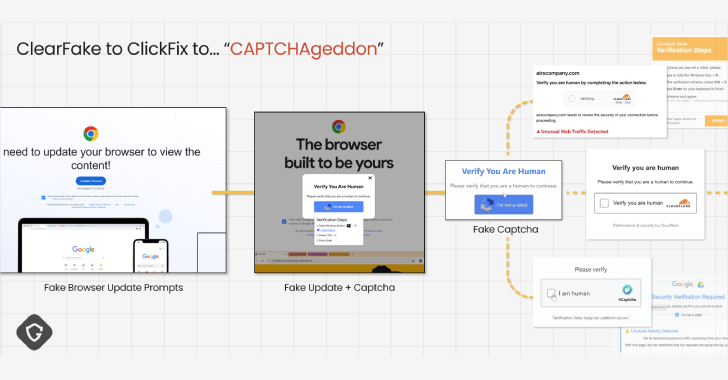
What is GDPR Security Compliance?
With the rapid growth of digital technology and the increasing amount of personal data being collected and processed, the need for strong data protection measures has become a global concern. The General Data Protection Regulation (GDPR) is a regulation enacted by the European Union (EU) in 2018 to enhance the protection of individuals’ personal data and their privacy rights in an increasingly data-driven world. GDPR Security Compliance refers to the measures and practices that organizations must implement to ensure compliance with the regulation’s data protection and security requirements.
The GDPR was designed to modernize and unify data protection laws across the EU member states, providing a harmonized framework for businesses operating within the EU and protecting the personal data of its residents. It applies not only to organizations based in the EU but also to those outside the EU that process personal data of EU citizens. The regulation sets out strict rules for how personal data should be collected, stored, processed, and used.
One of the key principles of GDPR Security Compliance is the requirement for organizations to obtain consent from individuals before processing their personal data. Consent must be freely given, specific, informed, and unambiguous, with individuals having the right to withdraw their consent at any time. This ensures that individuals have control over their personal data and can decide how it is used.
To achieve GDPR Security Compliance, organizations must implement appropriate technical and organizational measures to ensure the security of personal data. The regulation introduces the concept of “privacy by design and default,” which means that organizations must integrate data protection measures into their systems and processes from the outset, rather than adding them as an afterthought. This includes measures such as encryption, pseudonymization, access controls, regular data backups, and the ability to restore and recover data in case of a breach.
Another important aspect of GDPR Security Compliance is the requirement for organizations to conduct data protection impact assessments (DPIAs) whenever they engage in high-risk processing activities that may impact individuals’ privacy rights. DPIAs involve assessing the potential risks and impacts of data processing activities, as well as identifying and implementing measures to mitigate those risks. By conducting DPIAs, organizations can proactively identify and address potential privacy risks, making their data processing activities more secure and compliant with the GDPR.
Under the GDPR, organizations are also required to appoint a Data Protection Officer (DPO) if they engage in large-scale processing of personal data or process sensitive personal data on a regular basis. The DPO is responsible for ensuring compliance with the GDPR, advising and educating the organization and its employees on data protection matters, and serving as a point of contact for individuals and data protection authorities.
In addition to these technical and organizational measures, GDPR Security Compliance also mandates organizations to put in place robust incident response plans to address data breaches and security incidents promptly. The regulation introduces a mandatory data breach notification requirement, which states that organizations must report data breaches to the relevant supervisory authority within 72 hours of becoming aware of the breach. Furthermore, if the breach is likely to result in a high risk to individuals’ rights and freedoms, organizations must also notify the affected individuals without undue delay.
Non-compliance with the GDPR can lead to severe penalties, including fines of up to €20 million or 4% of global annual turnover, whichever is higher. This highlights the importance of organizations prioritizing GDPR Security Compliance to avoid reputational damage, financial losses, and potential legal consequences.
It is crucial for organizations to stay up to date with GDPR Security Compliance requirements as they continue to evolve. The regulation emphasizes accountability and transparency, and organizations must regularly review and update their data protection policies, practices, and security measures to remain compliant. This includes staying informed about changes in data protection laws, adopting privacy-enhancing technologies, conducting regular training and awareness programs for employees, and implementing mechanisms for individual rights requests, such as data access and erasure requests.
In conclusion, GDPR Security Compliance is a critical aspect of protecting individuals’ personal data and ensuring their privacy rights are respected. By implementing appropriate technical and organizational measures, conducting DPIAs, appointing a DPO, and developing robust incident response plans, organizations can demonstrate their commitment to data protection and compliance with the GDPR. With the ever-increasing importance of data protection and privacy in the digital age, GDPR Security Compliance is a fundamental requirement for organizations operating in today’s data-driven world.
Contact Cyber Defense Advisors to learn more about our GDPR Compliance solutions.





